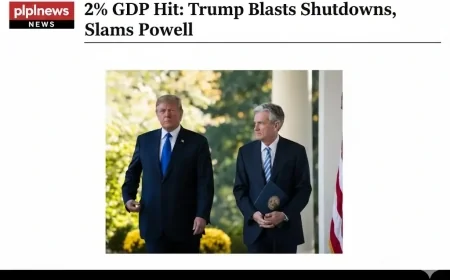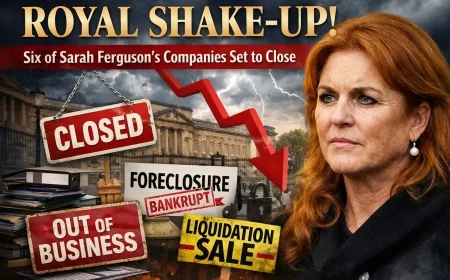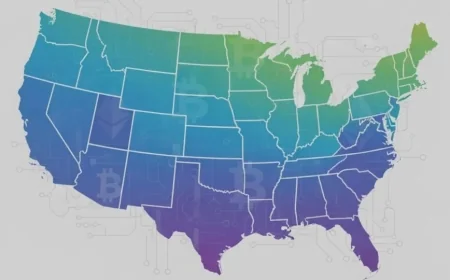Ripple Labs is taking over crypto. Now, this XRP-backed company wants to challenge traditional finance.
Ripple Labs has become one of the world's largest cryptocurrency companies, but its executives aren't stopping there, CEO Brad Garling house told . Over the past year, the company has accelerated efforts to build a bridge between the Web3 world and an industry it has long considered an integral part of—traditional finance.

Ripple Labs has become one of the world's largest cryptocurrency companies, but its executives aren't stopping there, CEO Brad Garlinghouse told . Over the past year, the company has accelerated efforts to build a bridge between the Web3 world and an industry it has long considered an integral part of—traditional finance.
In an interview with "Crypto World" at the Ripple Swell 2025 conference in New York, Garlinghouse said his company aims to provide a wide range of traditional financial services based on blockchain infrastructure, taking advantage of the growing institutional use of digital assets.
Blockchain is a decentralized digital ledger that records transactions across a network of computers.
“I want to see Ripple invest in [the] future and get ahead of where that market’s going,” Garlinghouse said Tuesday. “The assets we have been buying have been on the traditional finance side, so we can bring crypto-enabled solutions to that traditional financial world.”
Targeting Finance-Focused Firms
Ripple is engaged in a nearly $4 billion acquisition spree in hopes of building a major financial services company. It acquired prime brokerage Hidden Road for approximately $1.3 billion in April and software firm GTreasury for over $1 billion this fall. Last week, it launched Ripple Prime, a brokerage that will provide over-the-counter spot market trading in several tokens to US institutions. It raised $500 million in new funding, bringing its market value to $40 billion.
Ripple's efforts to expand its footprint in traditional finance come at a time when institutional demand for digital assets is growing. The Securities and Exchange Commission and Commodities Futures Trading Commission have been relaxing digital asset regulations this year under the leadership of President Donald Trump, a self-proclaimed crypto champion.
Bank of America and Citigroup have begun actively researching stablecoins. Citi recently revealed plans to launch a crypto custody service for clients in 2026. JPMorgan said in June that it plans to offer a stablecoin-like "deposit token" on Coinbase's public blockchain platform. In addition to dollar-denominated tokens, institutional investors have invested billions of dollars in spot Bitcoin ETFs since their launch in the US in January 2024.
"The United States previously stayed away from crypto, and now we're getting involved, and I think people underestimate this change," Garlinghouse said, "and its potential impact on the entire crypto market."
Institutional Integration
According to Garlinghouse, in addition to building its own services, Ripple also aims to sign agreements to lend its XRP Ledger technology to the crypto efforts of large institutions.
Such partnerships could prove to be a boon for XRP, the native token of the XRP Ledger, a decentralized blockchain designed to facilitate fast and low-cost transactions.
Garlinghouse said, "The more we can build utility and truly expand solutions that natively leverage XRP, the more it will be uniquely good for the XRP ecosystem."
XRP has traded steadily throughout most of 2025, while ether and bitcoin have reached record highs of around $3,900 and $126,000, respectively.
Although high-profile partnerships could boost XRP's price, stalled efforts to create safeguards for cryptocurrency companies and holders in the US will make it difficult to secure deals with traditional institutions, Garlinghouse said.
The crypto industry lobby once hoped that lawmakers would pass a comprehensive digital asset market structure bill called the Clarity Act before the end of the year.
But with the US government shutdown entering its sixth week, efforts to establish legislative guidelines for the industry have stalled.
"Until we get that [legal green light], it's going to be difficult," Garlinghouse said. "Banks are really looking for that clarity to move forward, and they need it."
What's Your Reaction?
 Like
0
Like
0
 Dislike
0
Dislike
0
 Love
0
Love
0
 Funny
0
Funny
0
 Angry
0
Angry
0
 Sad
0
Sad
0
 Wow
0
Wow
0












































